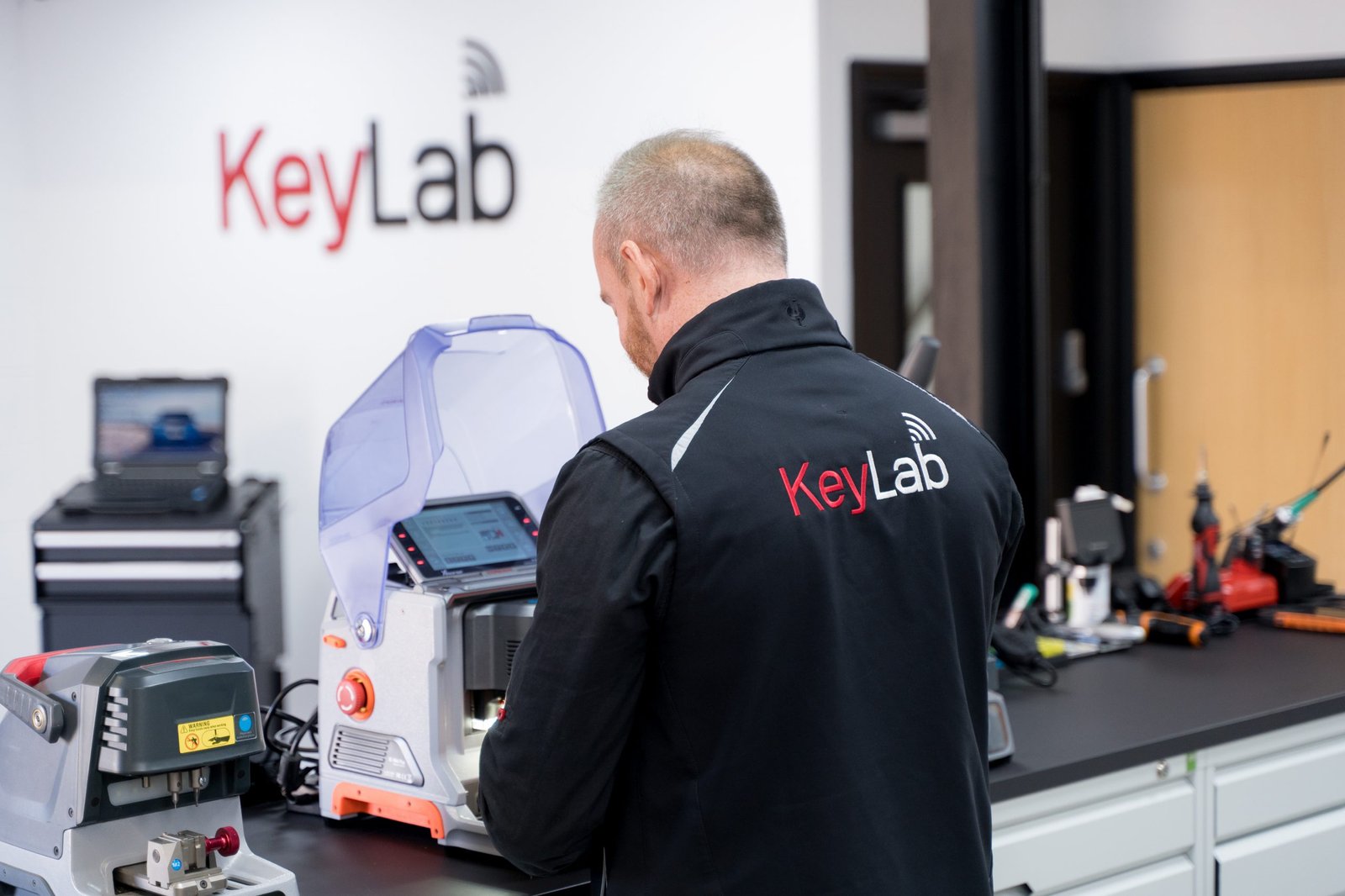The Reasons To Focus On Improving Car Key Repair
Comprehensive Guide to Car Key Repair: Everything You Need to Know
In today's world, car keys are integral to vehicle gain access to and security. A malfunctioning or broken car key can be a significant trouble, leaving you stranded and frustrated. This post provides an extensive summary of car key repair, covering different types of keys, common problems, repair procedures, and preventive procedures.
Kinds Of Car Keys
Understanding the types of car keys is vital for diagnosing problems and assessing repair options. The main categories include:
Traditional Metal Keys: These are the simplest type and are typically used in older cars. They can easily be duplicated at hardware stores.
Transponder Keys: Equipped with a microchip, these keys interact with the vehicle's immobilizer system to approve gain access to. They prevail in lorries manufactured after the late 1990s.
Smart Keys: Also understood as proximity keys, these allow keyless entry and ignition. They utilize advanced technology and are frequently matched with a remote control.
Key Fobs: These devices use remote control functions such as locking or unlocking the doors. Our Web Page can be standalone or incorporated with clever keys.
Key Cards: Commonly found in high-end cars and more recent designs, these cards are utilized for keyless entry.
Table 1: Types of Car Keys
Type
Description
Typical Issues
Traditional Metal
Fundamental cut metal keys
Breaking, flexing, difficulty in turning
Transponder
Key with embedded chip for additional security
Chip failure, programming issues
Smart Key
Keyless ignition with proximity unlocking
Battery depletion, chip malfunction
Key Fob
Push-button control for locking/unlocking
Battery concerns, signal interference
Key Card
Credit card-sized device for gain access to
Harmed card, electronic failures
Common Problems with Car Keys
Car keys can encounter different concerns that might necessitate repair:
Physical Damage: Keys can bend, break, or end up being worn down, making them challenging to use.
Transponder Issues: The microchip inside a transponder key may malfunction or fail, avoiding the vehicle from beginning.
Battery Depletion: Smart keys and key fobs require batteries that can go out, leaving the owner locked out up until replaced.
Programming Issues: Keys require to be configured to the specific vehicle. If this programming is interfered with, the key will not function correctly.
Lost or Stolen Keys: In the occasion keys are lost or taken, replacement important for security factors.
Car Key Repair Process
Fixing a car key depends on the type of damage and key involved. Below are common repair methods for various types of keys:
1. Conventional Metal Keys:
- Repair Method: If broken or bent, a locksmith can often repair these keys by correcting or reshaping them.
- Replacement: If damage is severe, replacement is needed.
2. Transponder Keys:
- Repair Method: For malfunctioning chips, a locksmith can reprogram the key.
- Replacement: If the key is broken beyond repair, a new one must be programmed to the car's system.
3. Smart Keys:
- Repair Method: Changing the battery might deal with concerns with a non-functional wise key.
- Replacement: If the key is damaged, it needs to be replaced and reprogrammed.
4. Key Fobs:
- Repair Method: Simple battery replacements or reprogramming can typically fix fob issues.
- Replacement: A brand-new fob will be essential if physical damage appears.
5. Key Cards:
- Repair Method: In some cases, harmed cards can be repaired if the electronic parts are undamaged.
- Replacement: Often, replacement is required if the card is extensively damaged.
Preventive Measures
Looking after car keys can avoid typical concerns and lengthen their life expectancy. Here are some preventive suggestions:
- Avoid Excessive Force: Use keys gently to prevent bending or breaking.
- Regular Maintenance: Have your keys inspected regularly, particularly transponder and wise keys.
- Correct Storage: Store keys away from moisture and severe temperatures. Consider using a key holder to prevent wear from other keys.
- Limitation Exposure to Magnetism: Keep key fobs away from magnets and gadgets that may interfere with their signaling.
- Replace Batteries Timely: Change batteries in key fobs and smart keys before they pass away to avoid lockouts.
Frequently asked questions
Q1: Can I repair a broken car key myself?
A: While some small repairs, like battery changes for fobs, can be done in the house, it's typically recommended to consult a professional locksmith for substantial damages.
Q2: How much does it cost to repair or replace a car key?
A: Costs can vary widely based upon the type of key, the vehicle's make and model, and the repair needed. Traditional keys may cost just ₤ 1 to replicate, while smart keys can vary from ₤ 100 to ₤ 400.
Q3: What should I do if I lose my car key?
A: If you lose your car key, call a locksmith or your vehicle dealership for a replacement. For included security, make sure that the vehicle is reprogrammed to avoid unapproved gain access to.
Q4: How can I tell if my transponder key is malfunctioning?
A: If your vehicle stops working to start or reveals alerting lights, the transponder chip may be malfunctioning. Checking by a locksmith can validate if the key is the problem.
Car key repair is a vital aspect of vehicle upkeep that many owners overlook. By comprehending the different types of keys, common problems, and repair procedures, vehicle owners can make sure that they are prepared for any key-related obstacles. Highly recommended Resource site can even more improve the longevity of car keys, eventually supplying assurance and security for all motorists.
